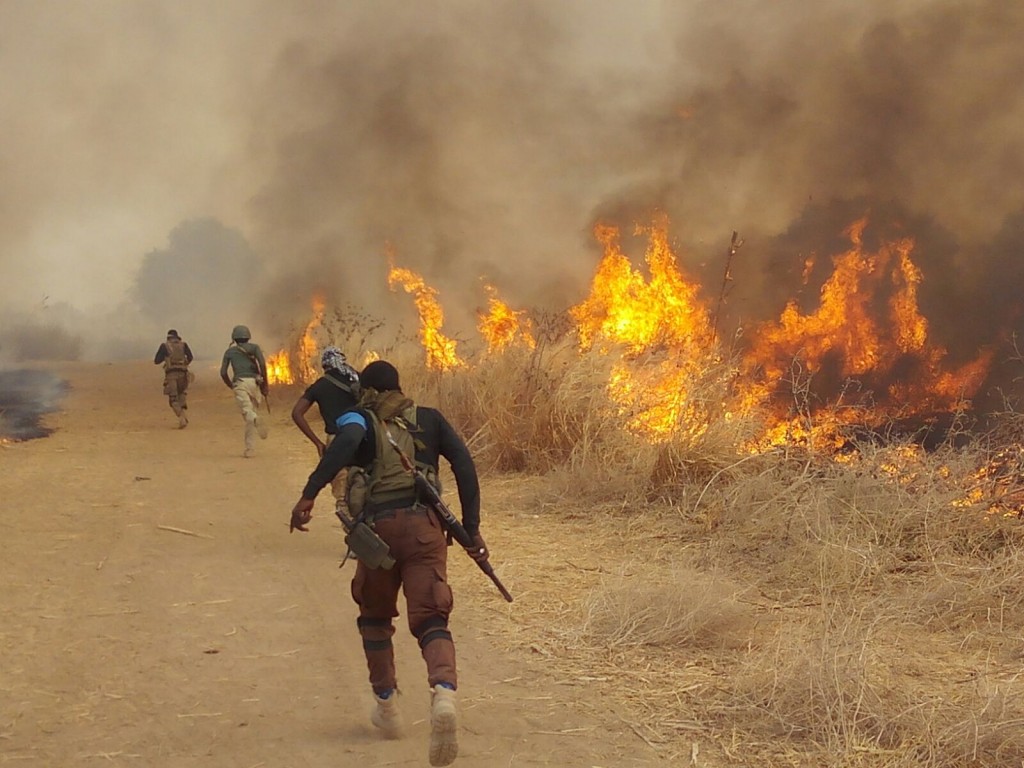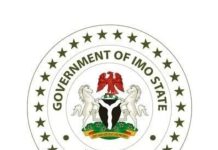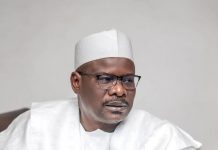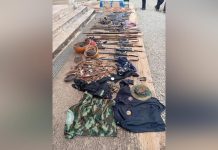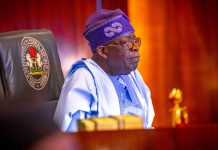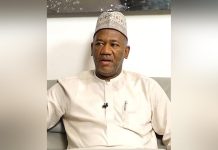Adelowo Oladipo monitored this interview with former military president, Ibrahim Badamasi Babangida, in Mina Niger State. The former leader spoke on diverse issues affecting the country.
During your days in the military schools, did it ever occur to you that you and some of your colleagues from the South-Eastern part of the country would be locked in battle against one another in future?
It just shows you how things could go wrong in running a country where there were some civil disturbances which began to manifest itself at that time, immediately after independence. Elections were not well properly conducted and there were riots in various parts of the country which culminated in the civil war. And so, the leadership at that time believed very strongly that nothing should be done to break the unity of the country. And we were all brought out and trained to believe that we should be able to defend the integrity of the country.
So, any effort to disintegrate the country by any person or group of persons, we would resist, because of the training and political orientation that had been done by then military and political indoctrination.
Did you feel a sense of loss or relief when the civil war was declared over?
Yes, it was with a great sense of relief and I was somewhere in Okigwe, when my Commander General, Lieutenant General T. Y. Danjuma, came and broke the news to us that the war was over. It was with a sense of relief to me, because what I wanted to do immediately I heard was to find a colleague of mine; we trained together in Kaduna Military Training College then. We called him Amos. I really wanted to see him so that we could shake hands. He eventually turned up and we greeted ourselves, talked about our days as cadets and so on. And he, as a deserter, asked me; “Ibrahim, did you fight with me? Amos, were you also fighting me on this other side of the war front?”
And we both said we really had a reason to thank God that none of us was killed during that war. And we became friends again from there on.
Former head of state, General Yakubu Gowon, put in place a government after the civil war for reconstruction, reconciliation and rehabilitation, and upon which it declared that there was neither victor nor vanquished in the 30-month-old civil war. What was he trying to achieve then with that pronouncement?
We studied military history. I think we were informed to know that quite a number of countries in the world at that time went through civil wars and immediately after the civil wars , you would come back, settle down and then, begin to integrate people into the mainstream of the society. And this was what was in our minds then. Fortunately, our head of state then, General Gowon, imbibed this, because he was a passionate believer in the unity of this country. He was determined. Since he said there was neither victor nor vanquished, we quickly began to adjust to remain as Nigerians and live our lives as Nigerians.
What was the state of the military at that time?
It was small in size when we started, because it was about five battalions or not up to 10, 000 in size. But by the time the war was over, it was about 250,000, because of the obvious mobilisation. So, from a small number of about 10,000, it moved up to about 250,000 in population. But the immediate problem at that time was to reorganise the Nigerian Army into a much more manageable size, cohesive and well trained army, well oriented for the purposes of reintegrating the nation.
All of you in the Nigerian Army at that time, including your contemporaries, your seniors and your subordinates, no one can talk you out of your belief in the unity of Nigeria even up till today; what is responsible?
Well, the unity of Nigeria, as far as we are concerned, is an article of faith, especially amongst my generation. Nobody would like to see this country going through another civil war; nobody would like to see this country disintegrated, because by allowing that to happen, we would be unfair to those who put their lives on the line and for the purposes of keeping the country one. That would not be fair to them. If we are allowed to go our different ways as a people, we felt we would not be fair to them. Millions or thousands of people were killed. Some others were maimed; some were permanently disabled and so on. We shall not be fair to those people who lived their lives for the sake of this country to get the country united. That is why we have that belief. Those of us that are lucky to still be alive are very passionate about it.
Are you satisfied with the state of our economy, 20 years after democratic governance?
Quite frankly, I think we did gain a lot, if we compare ourselves with other countries that went through civil wars. I think we have done reasonably well, because immediately after the war in the 1970s, we had military governments before civilian governments. The military governed from 1966 to 1979 and a civilian administration governed from 1979 to 1983. Then, the military again, did from 1983 to1985. Then, there was another military government from 1985 to 1993 and yet another from 1994 to 1998. Now, we have been keeping the civilian administration in place and there has been no time for the military, because of the determination to install a democratically-elected government in the country. From 1999 till date, we have succeeded with the civilian administration in place. And this is all thanks to the military which is with the determination to subject itself to the authority of the democratic government in the country.
It has also been argued that many of the policies that were put in place immediately after the civil war, like the National Youth Service Corps (NYSC) scheme, the Unity Schools or Federal Government Colleges and so on, were deliberate policies designed to bring about cohesion in the country. But still, with these Institutions in place, Nigerians have not stopped seeing themselves as ethnic groups, rather than as Nigerians. Has the purpose to a large extent been achieved?
I think they have succeeded to a larger extent, especially in the NYSC programme, because most of the people who went into NYSC are students from universities and other tertiary institutions. They were intelligent enough, they read enough about what happened and they are able to go through history, intermingling. And so, it was quite easy, to a large extent, at that time. If you find persons of generation of 1973 till now, they are mostly with very strong belief about the unity of this country.
So, that is one of the reasons it has succeeded. Then, at the secondary school level, at the very young age, students are taught about the country and about the civil war to a certain extent. So, if you find the generations from 1973 till now, then you will see a very strong believers in the unity of this country. I think it was good for the country.
Many Nigerians have moved on since after the civil war. Some have inter-married, and it has become very complicated. Most children who were born after 1970 are usually products of two parents from different parts of the country. Those different ethnic cleavages that were prior to that time are not easy to make now. How do you see this?
Well, I think old habits die hard and the environment changes. There is this tendency to recline and go back to the old habits. If you suddenly find yourself in politics, for example, people tend to recline to their cocoon, because we didn’t have what I call reorientation about what politics is all about, after the civil war. We saw unity from fighting to remain united. We did not do much in trying to get people to indoctrinate them through political interactions and so on.
So, when we wanted to reintroduce politics, the first things that came to our minds were those political systems that used to be before the civil war. We saw that as a starting point and once you see that, you could hardly changed it.


